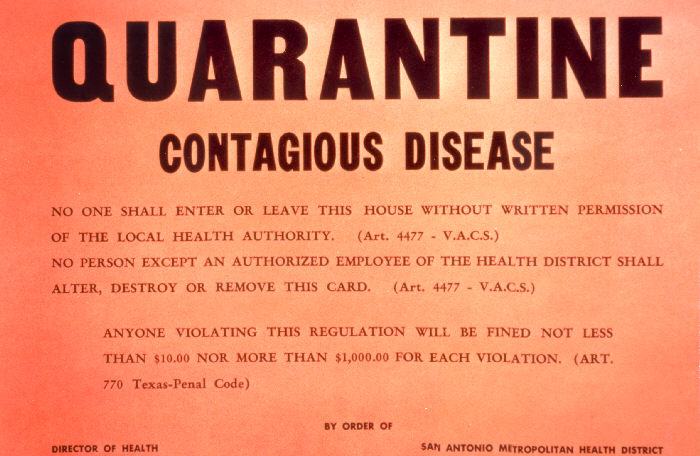It is September and almost time to kick the little one out of the nest and tell it to find its own home.
I am referring, of course, to my novel. I am doing the last ritual dances before sending it off in the hopes of finding an agent/publisher/bestseller list.
And that means I am currently going through a file on my computer labeled buzz. This is my private file of buzzwords, the ones I tend to use over and over again. I am checking each example of them in my book to see if I can replace any of them with something stronger. Here are some examples.
Suddenly. The late great Elmore Leonard said never to write suddenly or all hell broke loose. In this book my omniscient narrator says " In the park building things were going to hell at supersonic speeds." I like it; it stays.
I agree with Leonard that you shouldn't say "Suddenly the door burst open," or the like, but I still use the word occasionally to describe a realization: "Sal suddenly realized he couldn't see the gun."
Very. A weak word. I permit it in dialog. (People do use it, after all). Otherwise, it has to fight for its life.
Got. Michael Bracken, author of many hundreds of stories, hates this word, as I discovered when I was lucky enough to have a story in an anthology he edited. He doesn't even want it in dialog.
I don't feel so strongly about it, but I agree it is worth a look. Often got is a hint that you could say the same thing in a better way. "They got out of the car." Nah. "They left the car." You just saved three words.
Ly. Suddenly may be the worst example, but all adverbs should be treated as guilty until proven neccessary. They are crutches; telling what you have failed to show.
Frown, shrug, sigh, shake head. These are the bits of physical punctuation I use habitually to separate lines of dialog. I have been going through the manuscript encouriaging my characters to adjust their glasses, scratch their heads, raise their eyebrows, narrow their eyes, anything instead of the big four above.
Are there any words you try to chase out of your work?
04 September 2013
10 comments:
Welcome. Please feel free to comment.
Our corporate secretary is notoriously lax when it comes to comments trapped in the spam folder. It may take Velma a few days to notice, usually after digging in a bottom drawer for a packet of seamed hose, a .38, her flask, or a cigarette.
She’s also sarcastically flip-lipped, but where else can a P.I. find a gal who can wield a candlestick phone, a typewriter, and a gat all at the same time? So bear with us, we value your comment. Once she finishes her Fatima Long Gold.
You can format HTML codes of <b>bold</b>, <i>italics</i>, and links: <a href="https://about.me/SleuthSayers">SleuthSayers</a>
Subscribe to:
Post Comments (Atom)

Rob, my two biggest offenders are "very" and "just." Good luck finding a home for your baby!
ReplyDelete"Just" is one of mine, though in dialogue it's sometimes needed for cadence. An editor may edit dialogue, but I don't think they should tamper with voice. "Little" is another I didn't realize I overused until I was re-editing my novels for the e-edition. And to my ear, "They left the car" as a declarative sentence sounds awkward and unnatural. "They left the car at a hydrant and hurried around the corner" would work for me.
ReplyDeleteRob, I'm just shaking my head and feeling very happy for you that your novel has finally got its wings. Suddenly everything is possible.
ReplyDeleteBest of luck!
P.S. Great blog--only I don't do any of those things surely.
On a related matter -- Francis Nevins has said that Frederic Dannay's biggest pet peeve as an editor was the phrase "shrugged his (or) her shoulders." Dannay explained that it was physically impossible to shrug anything EXCEPT your shoulders so why the modifier? But if you go back and read the second Ellery Queen book, The French Powder Mystery, you will find that 1/3 of the way through Ellery shrugs "his shoulders." Proving, I suppose, that we all grow as writers and the fact that Dannay and Lee wrote that in 1930 did not mean that Dannay couldn't grouse about the practice decades later!
ReplyDelete"shrugged his eyebrows" sounds like the kind of thing that would ppear in Bill Pronzini's compendium of bad crimewriting, GUN IN CHEEK.
ReplyDeleteI got out of the car, frowning, sighing, and shaking my head at the foibles of mankind, when suddenly I shrugged and said, "That's life." Very soon after, all hell broke loose.
ReplyDeleteGreat post. Best of luck!
Great column, Rob--and good advice.
ReplyDeleteEve, did you get that excerpt from one of my stories???
Rob, I can do bad all by myself. :)
ReplyDeleteI'm afraid I would have a problem with Mr. Bracken and his aversion to "got". I have used it in the past and will continue to use it in the future when the occasion calls for it. There may be a way to avoid it, but I simply do not see the problem. Gotcha!
ReplyDeleteFor me it's distinct words, like "cordite." Use them more than once in a while, and they act like an alarm bell.
ReplyDelete